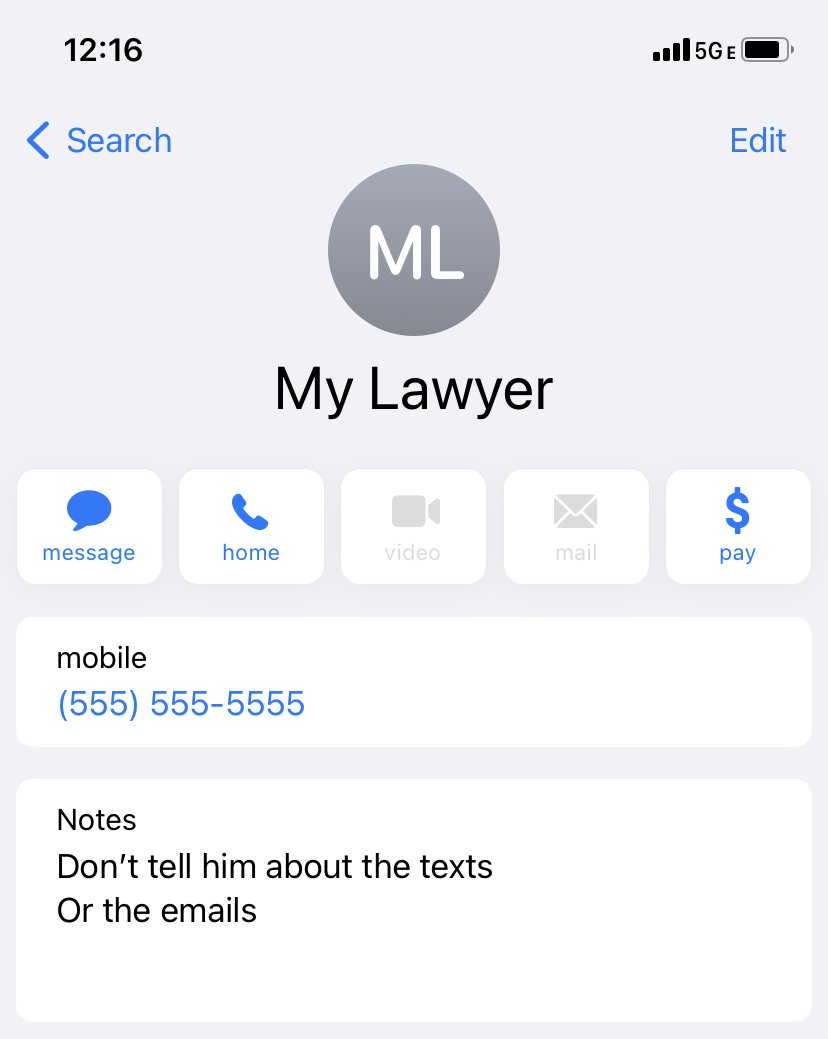Earlier this week, and mostly along party lines, the Senate confirmed Pam Bondi to serve as the United State Attorney General.
You will note that this job is not called “Attorney General of the President,” and at least for now, the Department of Justice’s website includes this definition:
The Judiciary Act of 1789 created the Office of the Attorney General which evolved over the years into the head of the Department of Justice and chief law enforcement officer of the Federal Government. The Attorney General represents the United States in legal matters generally and gives advice and opinions to the President and to the heads of the executive departments of the Government when so requested. In matters of exceptional gravity or importance the Attorney General appears in person before the Supreme Court. Since the 1870 Act that established the Department of Justice as an executive department of the government of the United States, the Attorney General has guided the world's largest law office and the central agency for enforcement of federal laws.
Shortly after she was confirmed, Bondi issued a memo in which she seems to have announced that the Department of Justice is actually there to represent the President and his interests.




















